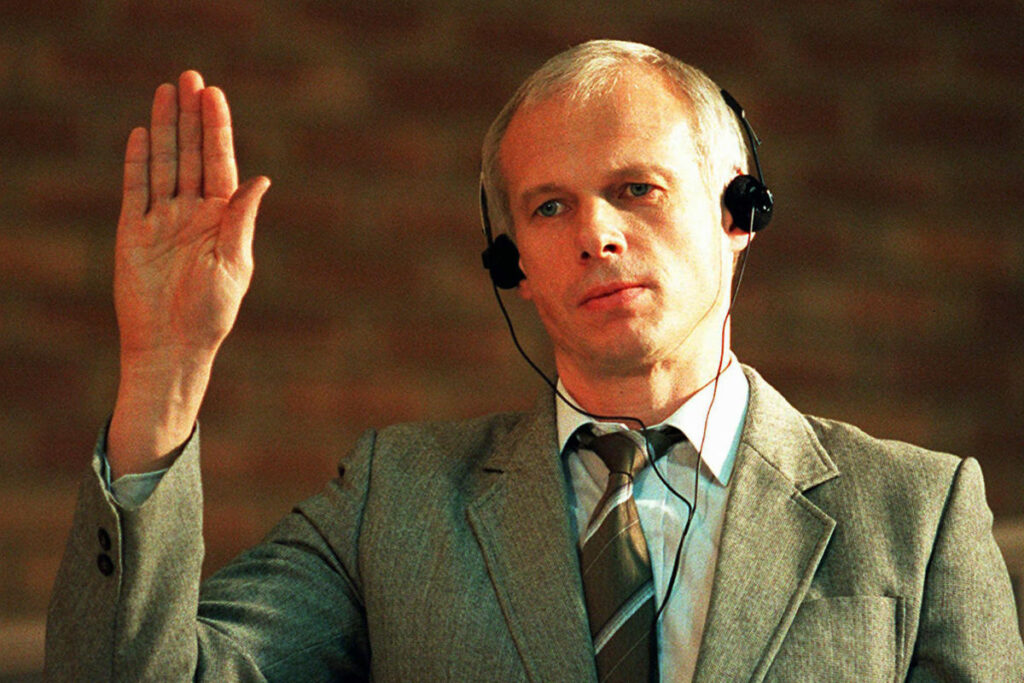Janusz Walus, a notorious figure in South Africa’s political history, is set to be deported to Poland following the conclusion of his parole this week. Walus gained infamy as the assassin of Chris Hani, an esteemed anti-apartheid leader and head of the African National Congress’ military wing, Umkhonto we Sizwe. Hani was tragically assassinated in 1993, an event that significantly threatened the nascent democracy in South Africa during its critical transition from apartheid. This violent act had the potential to incite widespread unrest and backlash as the nation navigated through the precarious political landscape during a pivotal time in its history.
After spending over 28 years behind bars, Walus’s release on parole was granted by the country’s Constitutional Court in 2022, a decision that ignited considerable controversy and public outcry across South Africa. His imprisonment followed a conviction for Hani’s murder, for which he was sentenced to life in prison. Notably, Clive Derby-Lewis, a former politician who was seen as the mastermind behind the assassination plot and was sentenced alongside Walus, had previously been released on medical parole in 2015, dying from cancer the following year. The pair’s sentences had been initially set as death sentences, but with the advent of democracy in South Africa and the abolishment of the death penalty, they were later converted to life sentences.
The news of Walus’s potential release in 2022 sparked immediate backlash, leading to protests outside the prison where he was held. These series of events culminated in heightened security concerns for Walus himself, who endured a stabbing incident shortly before his release. The South African government, led by Minister in the Presidency Khumbudzo Ntshavheni, has made it clear that they have consistently opposed Walus’s release and instead echoed sentiments of unpreparedness for his re-entry into society. Despite the government’s resistance, Ntshavheni acknowledged that the ruling from the Constitutional Court was final and could not be appealed.
Following his release, Walus received a temporary extension of residence in South Africa, having had his citizenship revoked while incarcerated in 2017. The decision to deport him back to Poland has been largely framed by government officials as a necessary step, particularly given the ongoing grief and outrage within communities still affected by Hani’s assassination. The Polish government is set to bear the costs associated with his deportation, as the South African authorities aim to resolve the lingering tensions surrounding Walus’s presence in the country.
This announcement has been met with renewed frustration and indignation from factions of South African society, particularly the South African Communist Party. Leaders within the party have voiced that Walus has shown no remorse for his crime and has not provided crucial information regarding the details of Hani’s murder, such as who orchestrated the assassination. Additionally, the African National Congress (ANC) has demanded a full inquest into Hani’s death, emphasizing an urgent need for closure and truth surrounding this historical tragedy. Fikile Mbalula, ANC secretary-general, articulated the ongoing wounds felt by the nation, highlighting the deep and lasting impact of Hani’s death on the movement for social justice and equality in South Africa.
As Walus prepares to be deported, the echoes of the past linger in South African communities that continue to grapple with the ramifications of apartheid and the struggles for justice. The complexity surrounding Walus’s release and subsequent deportation illustrates not only the challenges of reconciling with a painful history but also the difficulties of fostering a collective understanding of accountability in relation to political violence. While the government processes his removal from South Africa, many are left pondering the importance of truth and reconciliation to heal the scars left behind by apartheid and the assassination that threatened to derail the democratic transition.

